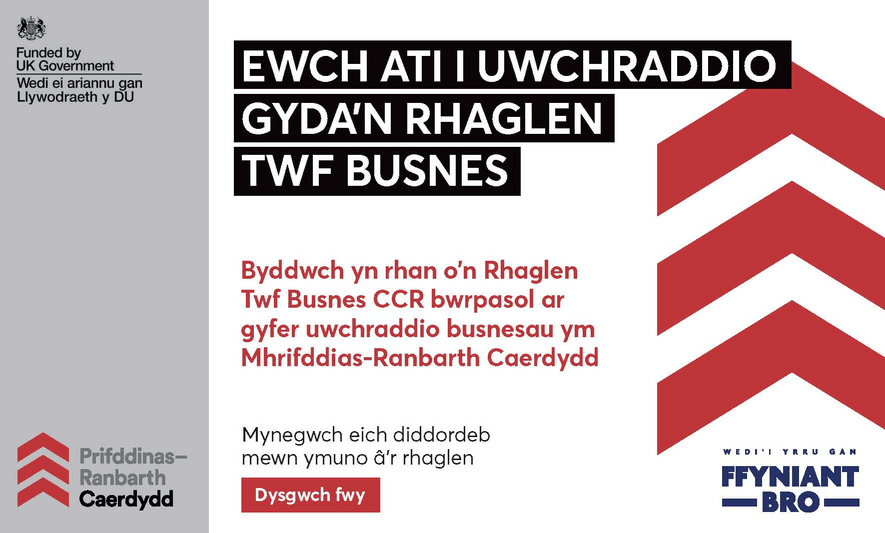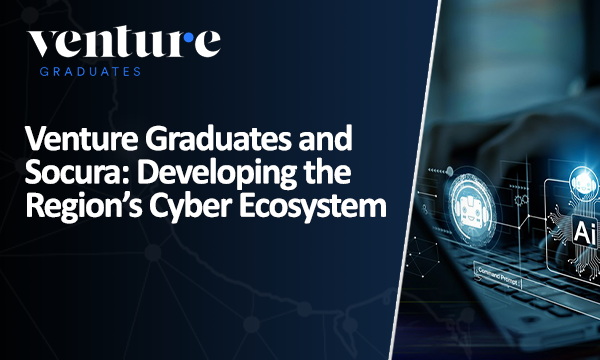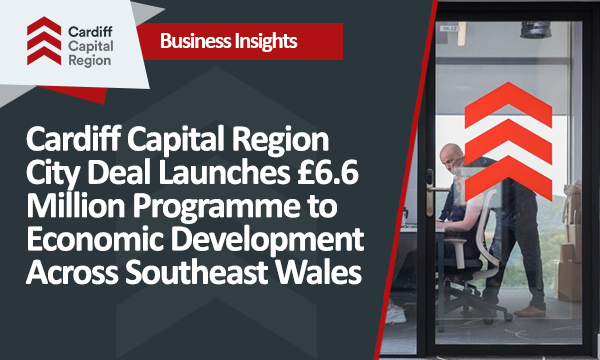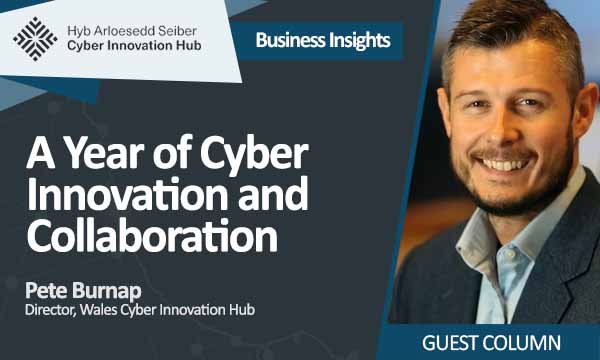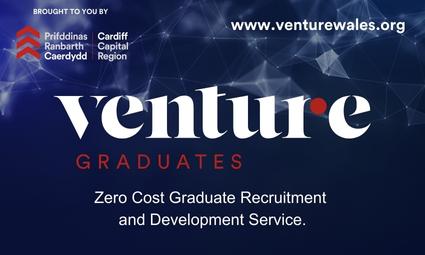Every single human being on planet Earth feels the fundamental need to ‘be included’. It’s hard-wired into each and every one of us. Remember that blissful warm feeling that flows through your veins when you’re being valued for who you are as well as what you do? Or that elation of being part of a winning team? Or that gut-wrenching pain of being rejected?
That’s our innate sense of inclusion hard at work – telling us that ‘we’re in’ or ‘we’re out’.
The need to feel included is so deep, it’s biological. And incredibly powerful. We physically change when we feel part of something ‘good’: with our bodies releasing hormones that alter our behaviour and even our appearance.
Given the almost endless potential of harnessing this life force, it’s no surprise that the esteemed US psychologist Abraham Maslow identified the feeling of ‘belonging’ as a key criteria for personal happiness and fulfilment – and it’s little wonder that democratic governments, mature societies and progressive organisations embrace inclusion as an essential component of building sustainable ‘success’.
For CCR, ‘Inclusivity’ is central to who we are and what we do. It stands alongside Innovation, Sustainability and Connectivity as a key pillar, informing every policy and underpinning every project, for five very good reasons …
- Inclusive Workforces Perform Better
If the moral case for inclusion is overwhelming, the business case is equally compelling. A decade ago, in 2012, the Bonn team of McKinsey & Co proved for the very first time that a ‘diverse’ Executive Board would outperform a ‘less-inclusive’ team – an empirical breakthrough that was quickly followed up by a comprehensive global study of the top performing companies in the Western economies, conducted by Credit Lyonnais, which showed in concrete terms that greater diversity and inclusion resulted in stronger organisational performance, measured by key metrics such as output and share price.
Successive reports and studies have further shown that inclusive workforces are more effective, productive and resilient – with greater scope for creative problem-solving (not least because they reflect the varied views of the wider customer base) and an ability to avoid the pitfalls of ‘groupthink’ in an era where many of the old rules are being rewritten. With the ‘Great Resignation’, deepening skills shortages and widespread vacancies now accepted as part of the new norm, it’s good to know that consciously developing the widest possible talentpool from all candidate communities – and reskilling people to enjoy work in many different sectors – is both an essential and a positive improvement on what has gone before.
- Inclusive Infrastructure Connects People, Ideas & Innovations
It’s no coincidence that the UK Government's ‘Levelling-Up’ agenda places great store in creating a 21st century infrastructure that connects people in all communities to the wider knowledge economy. That, after all, is the heartbeat of this fourth industrial age. A recent report carried out by the Centre for Economics and Business Research (CEBR) revealed that a comprehensive full fibre network in Wales could enable nearly 49,000 people to re-enter the Welsh workplace, allow almost 18,000 people to expand their hours, and significantly help carers, parents and over-65s to access employment. The result? £1.3bn gross value added to the Welsh economy – and a priceless unleashing of potential for countless numbers of people in our region.
But inclusive infrastructure is about more than installing a faster broadband, as important as that undoubtedly is. It’s also about enjoying an integrated transport system that enables everyone to live their lives – helping people in all communities to get to work, stay in touch with friends and family, and access vital services like healthcare and education. In a very real sense, infrastructure that connects is critical for any society that’s serious about involving everyone in building inclusive prosperity.
- Inclusive Education Pathways Fulfil Potential
Delivering real learning opportunities to everyone, throughout their life, has never been more important. The digital transformation that’s happening all around us brings both a serious challenge and a unique opportunity – the chance for everyone to learn the skills that will equip them for life, empowering people from all backgrounds to take a meaningful place in society; ultimately enabling individuals to take control of their own future and wellbeing in an age of constant change.
The need to do so has never been greater. There are now skill shortages in most sectors across the UK; with employment rates at their highest levels for nearly 50 years. Employers cite ‘lack of talent’ as one of the most critical obstacles to growth – and as the move to a greener, more technologically-enabled workplace gathers pace, the calls for a wider, deeper and more sustainable talent pool become louder each day. Can our education system deliver to that demand? Yes, it can – through inclusive education pathways that unlock individual potential and meet employment demands.
- Inclusive Housing Is Home to a Sustainable Community
Home is much more than where the heart is. Maslow recognised it as the safe place that everyone needs to be themselves: a space where dreams can be dreamt and ambitions can grow. So, it’s a sobering thought that Southeast Wales, home to half the population and 50% of the economy of Wales, has some of the poorest housing stock in the UK – a legacy of being one of the first industrial regions in the world.
Our region needs – and deserves – the comfortable, energy-efficient housing that is a foundation stone for every human to build a fulfilling life. It’s core to being proud of who we are and where we come from: a critical factor in building healthy, ever-evolving, sustainable communities where people want to live and prosper for the rest of their lives.
- Inclusive Industries Fuel Economic Success
Creating a vibrant, strongly evolving economy capable of grabbing the opportunities of a new era demands an economically active population, a 4.0 industrial strategy reflecting the realities of this new age – and an employer base that’s enthusiastically engaged with the strategy. In a nutshell, it’s best achieved by everyone and everything pulling in the same direction, for the benefit of all.
Economically, Southeast Wales needs to move forward as one. Public sector, private sector, third sector, fourth sector, priority sector, foundational economy … our whole industrial and commercial landscape needs to embrace fresh ideas and innovations, from many different quarters.
With our local economy reshaping before our very eyes – 2022 has already seen a 50% increase in start-ups across our region – now is the time for businesses large and small to benefit together from best practices and diverse perspectives, refining strategies and business plans that consciously include every ingredient that’s needed for success.
CCR is Inclusion in Action.
In many ways, CCR is itself an extraordinary example of how diverse views from very different terrains can come together and share a single agenda, for the good of everyone.
Ten unitary authorities with varying demographics, different geographies and diverging political views have unified to progress a bigger picture where everyone can win – where the whole is greater than the sum of the parts.
That’s the subtle but important difference between ‘Diversity’ – where we celebrate being a Bridgendite or a Cardiffian or a Newporter – and ‘Inclusivity’, where we come together under a regional banner, sharing a vision and an identity that’s bigger and more meaningful to more people.
Those inclusive trusted partnerships and collegiate collaborations have been the key drivers bringing to fruition major innovations such as our game-changing Cyber Innovation Hub, our transformative South Wales Metro, our revolutionary Challenge Fund, our groundbreaking Aberthaw green energy plan – and the many other CCR innovations that are fuelled by a fundamental belief in creating an inclusive prosperity for Southeast Wales: a future where everyone has a stake in our region.
In our next feature we’ll discover in detail how that spirit of inclusion is forging this future; and how CCR is putting in place foundations for everyone, through #InclusionInAction …




